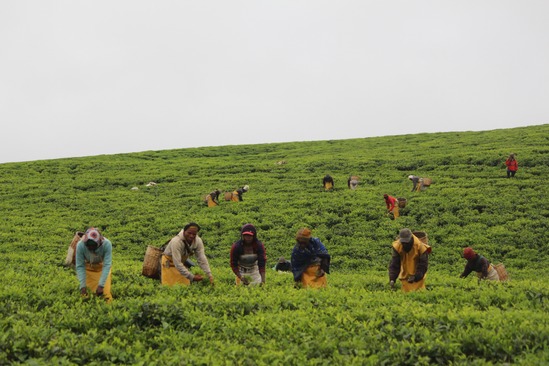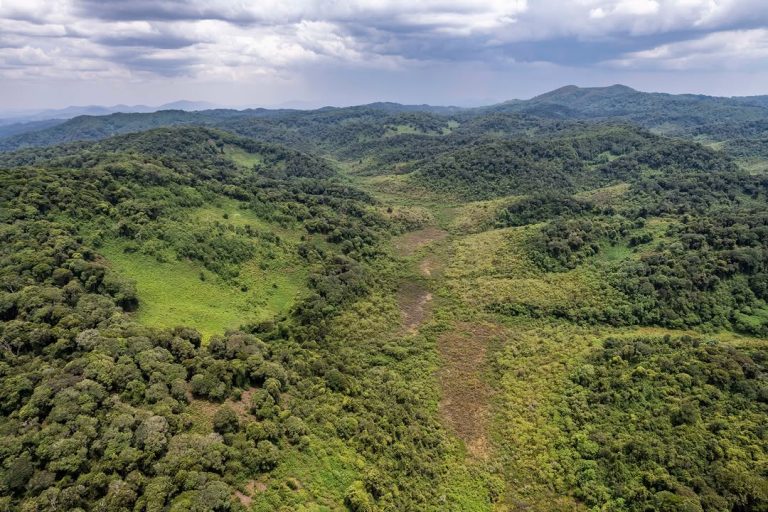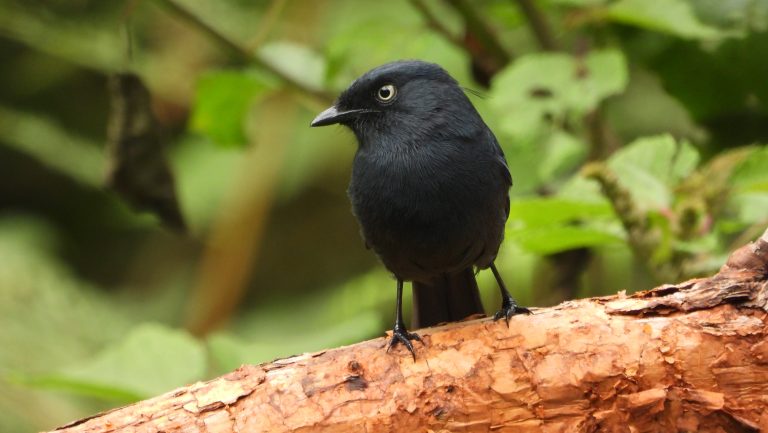Introduction
In recent years, the transformation of local farmers into agri-tourism pioneers by NNFR has become a powerful narrative of empowerment, sustainability, and innovation. This initiative, rooted in a deep respect for traditional farming and the natural environment, is reshaping rural livelihoods and redefining tourism in unexpected ways. And yes–agri-tourism isn’t just a buzzword anymore. It’s a movement, and NNFR is leading the charge.
What Is Agri-Tourism?
Agri-tourism (or agritourism) blends agriculture with tourism, allowing visitors to experience rural life,traditional farming practices, and eco-friendly hospitality. Think farm stays, guided coffee plantation tours, goat-milking demonstrations, banana beer tasting, or hands-on crop planting experiences. It provides an authentic and educational alternative to conventional tourism, creating deep connections between travelers and the land.
Who Is NNFR and What Is Their Role?
NNFR (Nyungwe National Forest Reserve) is a conservation-focused initiative in Rwanda committed to preserving biodiversity while empowering surrounding communities. Through innovative programs like the agri-tourism farmer transformation initiative, NNFR combines ecological preservation with socioeconomic development. Their approach is not just about saving forests; it’s about turning the forest and its neighboring communities into vibrant economic ecosystems. And that includes tapping into sustainable tourism, where local farmers are no longer just providers of raw materials, but active storytellers and entrepreneurs.
Why Local Farmers Needed a Transformation
For decades, farmers near the NNFR relied on subsistence agriculture barely enough to feed their
families. Low market prices, vulnerability to climate change, and limited access to markets made life tough. Many young people migrated to cities, leaving behind aging farming populations and underutilized land.NNFR realized something had to change. By turning local farmers into agri-tourism pioneers, they saw a path to not only uplift incomes but preserve culture and biodiversity.
The Strategic Approach by NNFR
NNFR’s transformation program didn’t just throw a new idea at farmers and walk away. Instead, it codesigned solutions with the community. Here’s how:Needs assessments to understand the challenges of each village. Collaborative workshops with farmers, elders, and local youth.Partnerships with tourism experts, conservationists, and educators.Gradual pilot programs to test ideas before scaling. This bottom-up approach ensured the program wasn’t just sustainable, it was also owned by the very people it aimed to empower.

Training Farmers for Tourism
A huge part of the transformation involved training farmers to become not only producers but also hosts, guides, and experience creators. NNFR’s training included: Customer service skills tailored to rural tourism. Basic English and French language classes.Hospitality training for homestays and food preparation.Storytelling techniques to make tours compelling and informative.Safety protocols, especially when hosting international visitors.
Infrastructure and Product Development of the project ahead
Of course, training alone isn’t enough. NNFR invested in infrastructure upgrades and helped design tourism-friendly farm experiences, such as creating eco-trails connecting various farms and natural sites. Constructing sustainable accommodation like thatched huts and eco-lodges.Introducing farm-to-table dining experiences.Setting up craft centers for selling handmade goods.Encouraging value addition, like turning coffee beans into packaged products or bananas into beer. These Investments ensured tourists had high-quality, immersive experiences, while farmers gained multiple income streams. Success Stories from the Field One standout example is Mama Beatrice, a 56-year-old coffee farmer who now hosts over 300 visitors a year. She offers interactive tours, lets guests roast and grind their beans, and serves up homemade meals featuring fresh local produce. Another is The Gahinga Collective, a group of ten young farmers who turned their small plots into a cooperative garden tour. Visitors now come to learn about indigenous crops and sustainable farming practices. These stories aren’t just feel-good; they’re financially transformative. Incomes have increased by over 150%, and many families now send their children to secondary school or vocational training.
Community Impact and Sustainable The ripple effects of NNFR’s initiative are undeniable:
Women and youth empowerment through leadership roles in tourism cooperatives. Cultural revival as traditional dances, crafts, and cuisines find a new audience. Environmental stewardship, since farmers now have a vested interest in preserving their land to attract tourists. Cross-community collaboration, with neighboring villages partnering on package experiences.By building this agri-tourism economy around the forest, NNFR ensures that conservation and prosperity go hand in hand.
Challenges and How They Were Overcome wasn’t all smooth sailing. Farmers initially hesitated, fearing that tourism would disrupt their way of life. Others lacked the infrastructure or education to adapt quickly. But NNFR tackled this with: Peer mentorship programs where early adopters coached their neighbors. Micro-grants for those needing capital for basic improvements.Ongoing technical support and marketing assistance.A “learn by doing” approach, where trial runs helped build confidence. By tackling fears and fostering collaboration, the project saw impressive adoption across the region.
The Future of Agri-Tourism in the Region:
With momentum building, NNFR aims to scale the model to more villages. Partner with international travel platforms to reach global markets. Introduce digital booking systems to streamline operations. Train “agri-tourism ambassadors” to promote the region at events and fairs. They also hope to influence national policy, encouraging governments to recognize agri-tourism as a key pillar of rural development.
Conclusion
The transformation of local farmers into agri-tourism pioneers by NNFR is more than just a project; it’s a
paradigm shift. It’s about reimagining agriculture as not just a livelihood, but an experience worth sharing with the world. Through thoughtful planning, deep community involvement, and a strong conservation ethic, NNFR has proven that farmers can be the heart of a sustainable tourism revolution.And as visitors continue to seek authentic, purpose-driven travel, initiatives like this will become the gold standard. Because when farmers become storytellers, the world listens—and learns




